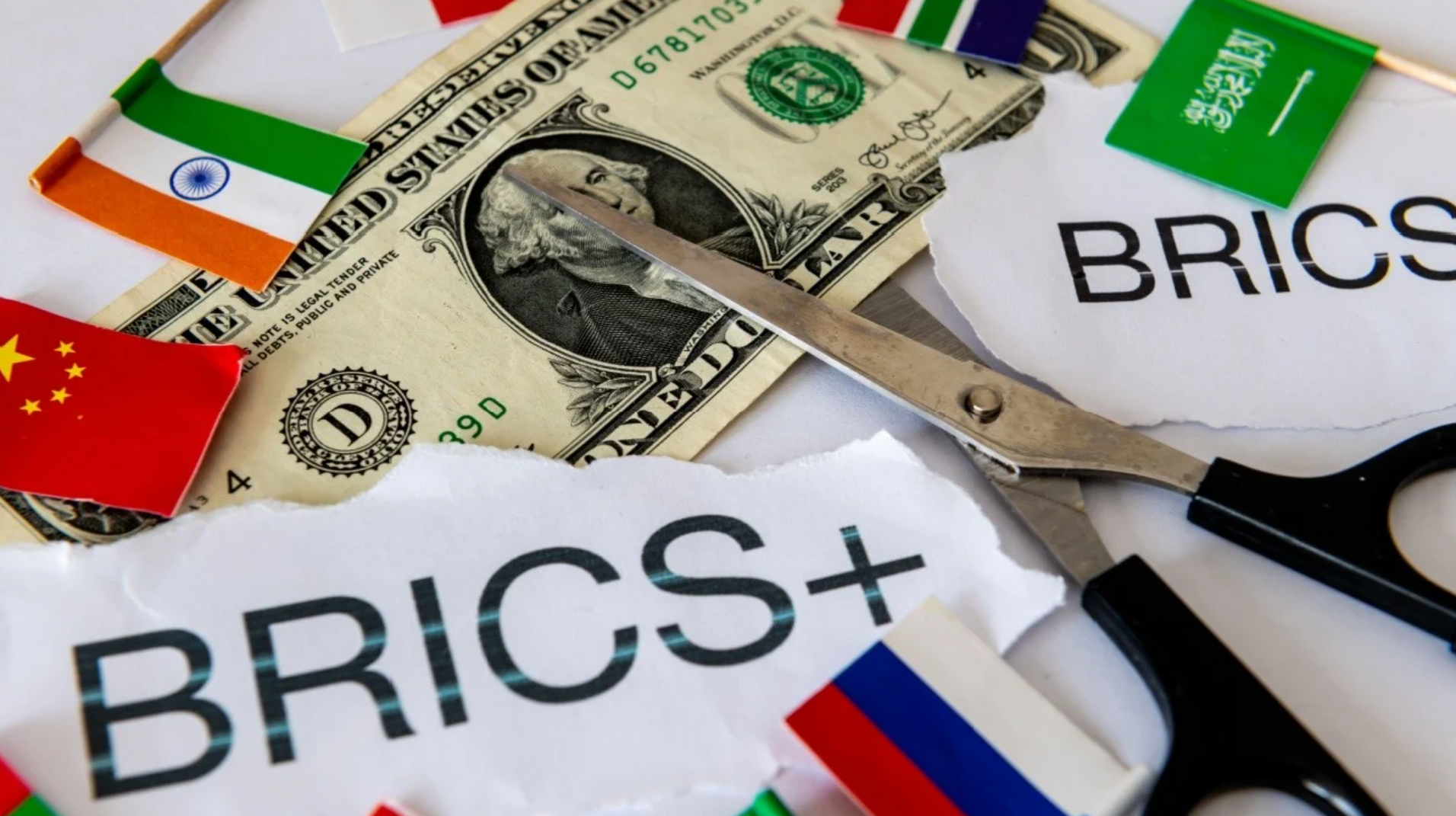Brazil backs BRICS’ push to trade in national currencies, urging reduced U.S. dollar reliance despite business preference for its liquidity and dominance in private transactions.
BRICS Accelerates Local Currency Trade as Brazil Declares Full Support for Shift
The BRICS alliance—which now includes Brazil, Russia, India, China, South Africa, Egypt, Ethiopia, Indonesia, Iran, and the United Arab Emirates (UAE)—has been moving toward financial strategies that reduce external dependence. One such initiative is the creation of the New Development Bank, which Rosito highlighted as a cornerstone of this shift.
“Opening of this bank reflects the aspiration of BRICS members to proactively participate in transformation of the economic and financial order,” she detailed. The expansion of BRICS and its financial infrastructure underscores a collective ambition to reshape the global trade environment and decrease vulnerability to currency volatility linked to the U.S. dollar.
Acknowledging current limitations, Rosito conceded that dollar dominance persists, particularly within the private sector, due to its widespread acceptance and superior liquidity. She noted that businesses continue to show a strong inclination toward using the U.S. dollar, making the transition to local currencies more complex.
“The desire of businessmen to use the U.S. dollar in trade due to higher liquidity remains a problem for BRICS member countries,” Rosito stressed. Despite this, she emphasized the group’s overarching objective:
Therefore, the goal of BRICS is to expand the use of local currencies in any way that will make it possible to reduce costs and will be of interests for association’s members.
Brazil took over the BRICS chairmanship from Russia on Jan. 1, 2025, and will host the 17th BRICS summit on July 6-7 in Rio de Janeiro. The bloc has been working to reduce dependence on the U.S. dollar, endorsing cross-border payments in local currencies. While there have been talks about a BRICS unified currency to counterbalance the dominance of the U.S. dollar, recent developments indicate that such a project is not currently on the bloc’s agenda. Brazil’s Finance Ministry explicitly stated previously that there are no formal discussions underway to create a common currency among the BRICS nations.

